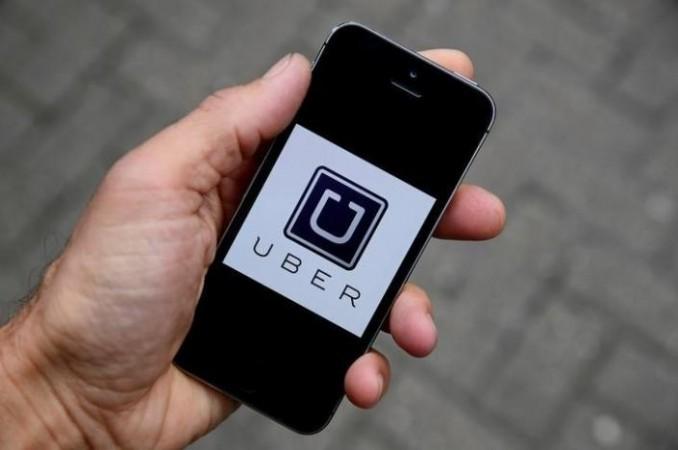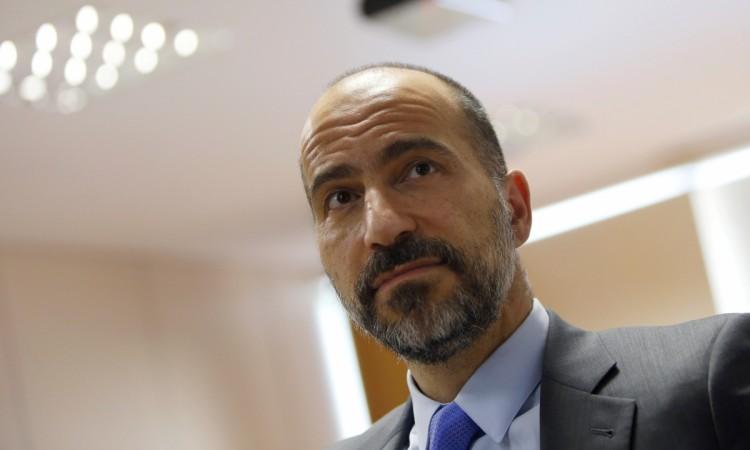A sensational leaked trove of internal Uber documents has revealed the dark side of the ride-hailing platform, that allegedly broke laws and secretly lobbied governments as it planned to expand globally.
According to The Guardian that accessed 'Uber Files' with over 1,24,000 documents from 2013 and 2017, the data "shows how Uber tried to shore up support by discreetly courting prime ministers, presidents, billionaires, oligarchs and media barons".
In addition to memos, presentations, notebooks, and other telling documents, the Uber leak includes "emails, iMessages and WhatsApp exchanges between the Silicon Valley giant's most senior executives".

The leaked data is from a period when Uber was run by its controversial co-founder Travis Kalanick, and includes more than 83,000 emails, iMessages and WhatsApp messages, "including often frank and unvarnished communications between Kalanick and his top team of executives".
Leaked data suggests that Uber executives were at the same time under no illusions about the company's law-breaking, with one executive joking they had become "pirates" and another conceding: "We're just fucking illegal," the report mentioned late on Sunday.
In a statement, Uber said that there has been no shortage of reporting on Uber's mistakes prior to 2017.
"Five years ago, those mistakes culminated in one of the most infamous reckonings in the history of corporate America. That reckoning led to an enormous amount of public scrutiny, a number of high-profile lawsuits, multiple government investigations, and the termination of several senior executives," the company said.
It's also exactly why Uber hired a new CEO, Dara Khosrowshahi, who was tasked with transforming every aspect of how Uber operates.

"He was guided from the start by the recommendations of Eric Holder, a former US Attorney General hired by the company to investigate and overhaul our business practices," said Uber.
Khosrowshahi apparently rewrote the company's values, revamped the leadership team, made safety a top company priority, implemented best-in-class corporate governance, hired an independent board chair, and installed the rigorous controls and compliance necessary to operate as a public company.
"When we say Uber is a different company today, we mean it literally: 90 per cent of current Uber employees joined after Dara became CEO," the company added.
According to the report, Uber executives expressed "barely disguised disdain for other elected officials who were less receptive to the company's business model".
When the then US vice-president, Joe Biden was late to a meeting with the company at the World Economic Forum at Davos, Kalanick texted a colleague: "I've had my people let him know that every minute late he is, is one less minute he will have with me."
The Guardian led a global investigation into the leaked Uber files, sharing the data with media organisations around the world via the International Consortium of Investigative Journalists (ICIJ).
"More than 180 journalists at 40 media outlets, including Le Monde, Washington Post and the BBC will in the coming days publish a series of investigative reports about the tech giant," said the report.
Uber said that "We have not and will not make excuses for past behaviour that is clearly not in line with our present values".
"Instead, we ask the public to judge us by what we've done over the last five years and what we will do in the years to come," it added.
(With inputs from IANS)














